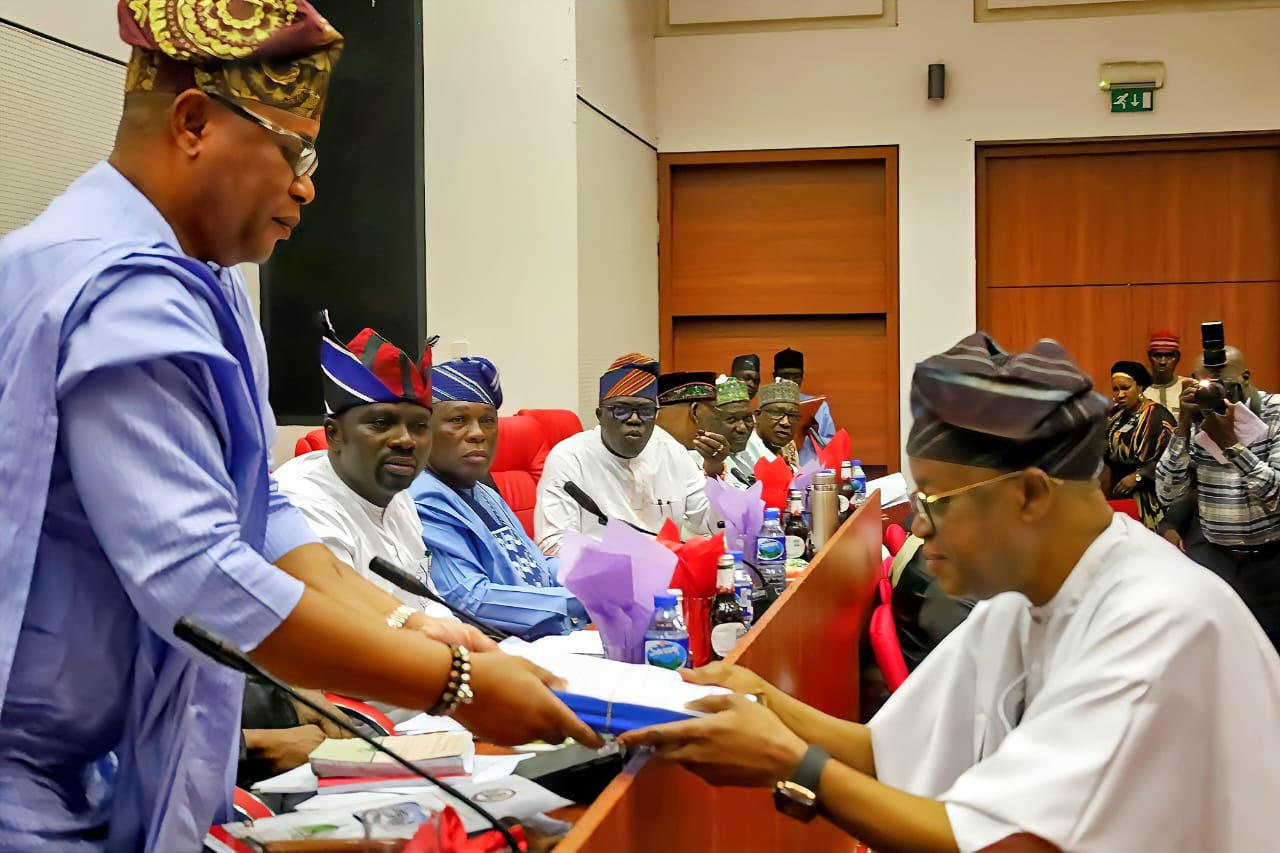
The allocation of ₦35.75 billion for capital expenditure to the Ministry of Marine and Blue Economy in the 2025 Appropriation Bill raises pressing questions about the Federal Government’s commitment to fully tap into Nigeria’s vast marine resources and realizing the immense potential of the blue economy. Compared to the larger allocations to the Ministries of Transportation and Aviation, this figure appears not only modest but insufficient for a ministry tasked with spearheading an economic revolution centered on maritime resources.
The blue economy, encompassing sustainable use of ocean resources for economic growth, improved livelihoods, and ocean health, represents a goldmine for Nigeria. With over 850 kilometers of coastline, an Exclusive Economic Zone of about 217,000 square kilometers, and an abundant array of untapped marine resources, the country stands poised to generate substantial revenue and create millions of jobs. Yet, the current budget allocation suggests a lack of ambition and strategic foresight in harnessing these opportunities.
The ministry’s mandate is broad, including developing inland waterways, expanding port infrastructure, promoting maritime security, tackling illegal fishing, and supporting coastal tourism. However, ₦35.75 billion for capital projects is a drop in the ocean for these tasks.
Take port infrastructure development, for instance, rehabilitating a single port facility or constructing a modern dry dock could consume a substantial portion of this allocation. Maritime security, another critical area, requires investments in surveillance systems, patrol vessels, and collaborations to curb piracy, illegal fishing, and smuggling. These are expensive endeavors, especially given the sophisticated equipment and technology required.
Furthermore, the ministry’s responsibility to develop inland waterways faces challenges such as siltation and dredging, and poor safety standards. Frequent boat mishaps have underscored the dire state of this sector, and addressing these issues will require sustained funding, well beyond what this allocation provides.
The modest allocation also contradicts Nigeria’s policy aspirations. The blue economy is identified as a pillar for economic diversification, a key to reducing dependence on oil revenue. In 2023, the Ministry of Marine and Blue Economy was established amid much fanfare, signaling the government’s recognition of its strategic importance. Yet, this budget undermines that very vision. Without substantial funding, the ministry cannot deliver on critical projects that will attract private investments, grow the sector, and increase its contribution to national GDP.
For comparison, the Ministries of Transportation and Aviation and Aero Space Development have historically received larger allocations to support rail projects, airport expansions, and other critical infrastructure. While these sectors are vital, the blue economy is no less significant, particularly as the world increasingly focuses on sustainable development, blue economy and climate-conscious economic models.
To give the Ministry of Marine and Blue Economy the resources it needs, the Federal Government must recognize that underfunding this sector is counterproductive. The blue economy can generate billions in revenue through fisheries, aquaculture, shipping, renewable energy, and tourism if adequately supported.
A paradigm shift is required — one that prioritizes long-term investments in maritime infrastructure, security, and capacity-building. Public-private partnerships (PPPs) should also be aggressively pursued, but these partnerships will only materialize when the government demonstrates seriousness through adequate budgetary commitments.
We are of the conviction that there is need for increased Budgetary Allocation to the ministry. The capital expenditure for the Ministry of Marine and Blue Economy should reflect its pivotal role in economic diversification. Doubling or tripling the current allocation would be a reasonable starting point.
The ministry should also explore possibilities for other sources of funding: Beyond the federal budget, innovative financing mechanisms such as bonds, grants from international bodies, and concessional loans should be explored.
The ministry should also focus on a phased approach, prioritizing projects with the highest impact, such as developing export-oriented port facilities, enhancing inland waterways, and securing the maritime domain.
There is an urgent need for accountability and performance monitoring of the ministry’s activities. Increased funding must be tied to transparent implementation and measurable outcomes to ensure efficient use of resources.
We state that the ₦35.75 billion allocation to the Ministry of Marine and Blue Economy in the 2025 budget is a missed opportunity to unlock the full potential of one of Nigeria’s most promising sectors.
For a country grappling with economic challenges, the blue economy offers a pathway to sustainable growth, job creation, and diversification. A bold and ambitious funding plan is needed; not merely to sustain the ministry but to empower it to deliver transformative results. Anything less would be a disservice to Nigeria’s vast maritime wealth and the millions who stand to benefit from its sustainable development.
While recommending adequate funding for the Ministry, we equally challenge the Minister to be more serious about meeting the objectives of establishing the ministry. The past two years (or thereabout) have been used in setting the blocks, but there are no structures yet. There is too much talk about policy framework. The industry is becoming impatient with the slow pace at the ministry.















